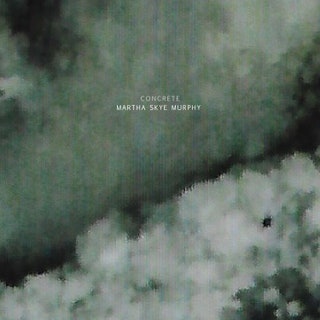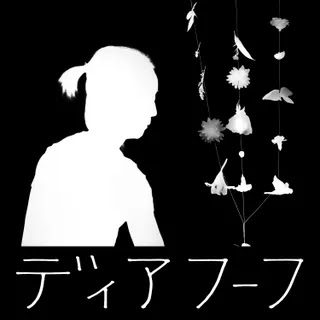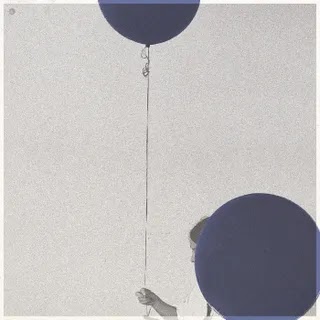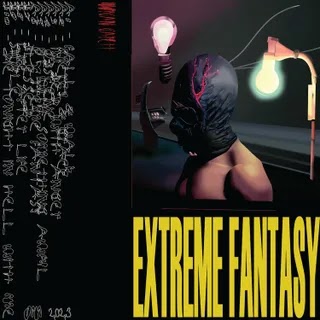Using sparse language and baroque instrumentation, the London artist explores captivity and control over this spectral three song EP.
There are ghosts swimming in the margins of Martha Skye Murphy’s songs. Not memories of the dead, per se, but pale impressions of death, conflict, and captivity. The London-based artist never explicitly announces these themes on her new EP, Concrete, but they exist as apparitions—suspended in the space between lyrics, or billowing from Murphy’s layered and processed soprano. With additional production from FKA twigs collaborator Ethan P. Flynn, Murphy’s new record is a quiet eruption of baroque art-pop, evoking the legacy of Kate Bush and Julee Cruise. Concrete stretches and sprawls over a surprisingly expansive twelve minutes, sinking into a liminal space between dreaming and waking.
The three songs on Concrete flourish from their minimal verbal detail. Murphy selects her words very carefully; she is intrigued by what blooms in the space between words. Murphy understands the techniques behind effective poetry: that negative space and diction can often shape an image more cleanly than clunky exposition. On the spectral “Stuck,” Murphy points to the clouds: “Look there, there’s an airplane,” she sings, her voice small and skyward. “I wanna know where it’s going.” By her next breath, the plane has crashed (possibly into the ocean) but we aren’t privy to the details. Murphy only gives us a glimpse of the aftermath, scored by organ pulses and rippling flute: “And when they find the black box/I’ll be there with it/Sinking and kicking as I go.” The tragedy is implied in the space Murphy leaves for us.
On the creeping “Found Out,” Murphy alludes to feeling sinister delight in a power struggle. Whether the conflict is external or symbolic is never stated outright, but she suggests a shift in sexual control. “I’m saying no now/I’m saying slow down/Curtsy before you bow,” Murphy sings over lean classical guitar. “Draw me in/I’ll push you out/Spit into your mouth.” The song gets grimier as it unfurls; an electronic croak rolls in as the word “bow” leaves Murphy’s lips, and the clavinet keys sound drunken and sickly. Murphy’s voice is inherently sweet, but there is something creaking and demonic in its corners. She layers it like swaths of fabric, some coarse and tattered at the edges, others sheer and weightless. Her piercing whistle register—a technique often flaunted by pop divas—becomes something far more menacing.
Murphy pays close attention to dynamics and texture throughout the record. The tonal pivot on “Found Out” is measured, sneaking in on its tip-toes. On the title track however, it comes in one violent blow. Murphy wrote “Concrete” from the perspective of a captor “to their beloved hostage.” The song, which features New York duo LEYA and bass from Cocteau Twins’ Simon Raymonde, is a lullaby for confinement. Murphy spends three minutes as a kidnapper and architect, whispering plans for her grand structure. “I want to build a building around me/I’m gonna make it out of concrete/Around us,” she sings, strings surging behind her. “It’s gonna be three stories high/It’s gonna be wide/It’s gonna be right.”
Nothing overt about the song, with its twinkling harp and parlor piano, suggests imminent danger. The repetition of the words “in concrete,” over a dozen times before the song’s end, is the only hint at imprisonment. Each time the words are sung, it’s like another layer of cement is poured onto the structure, leading to a sublime crescendo. Murphy’s multi-tracked vocals are scattered across the song like shafts of light, and strings and synthesizers keen like whale song. Much like sirens led sailors to the rocks in Greek mythology, Murphy’s voice lures you to the abrupt crash at the end of “Concrete”: a harsh collision of metal and pavement. It is only there, in the space of the song’s final seconds, that we understand we’ve been trapped all along.
















0 comments:
Post a Comment